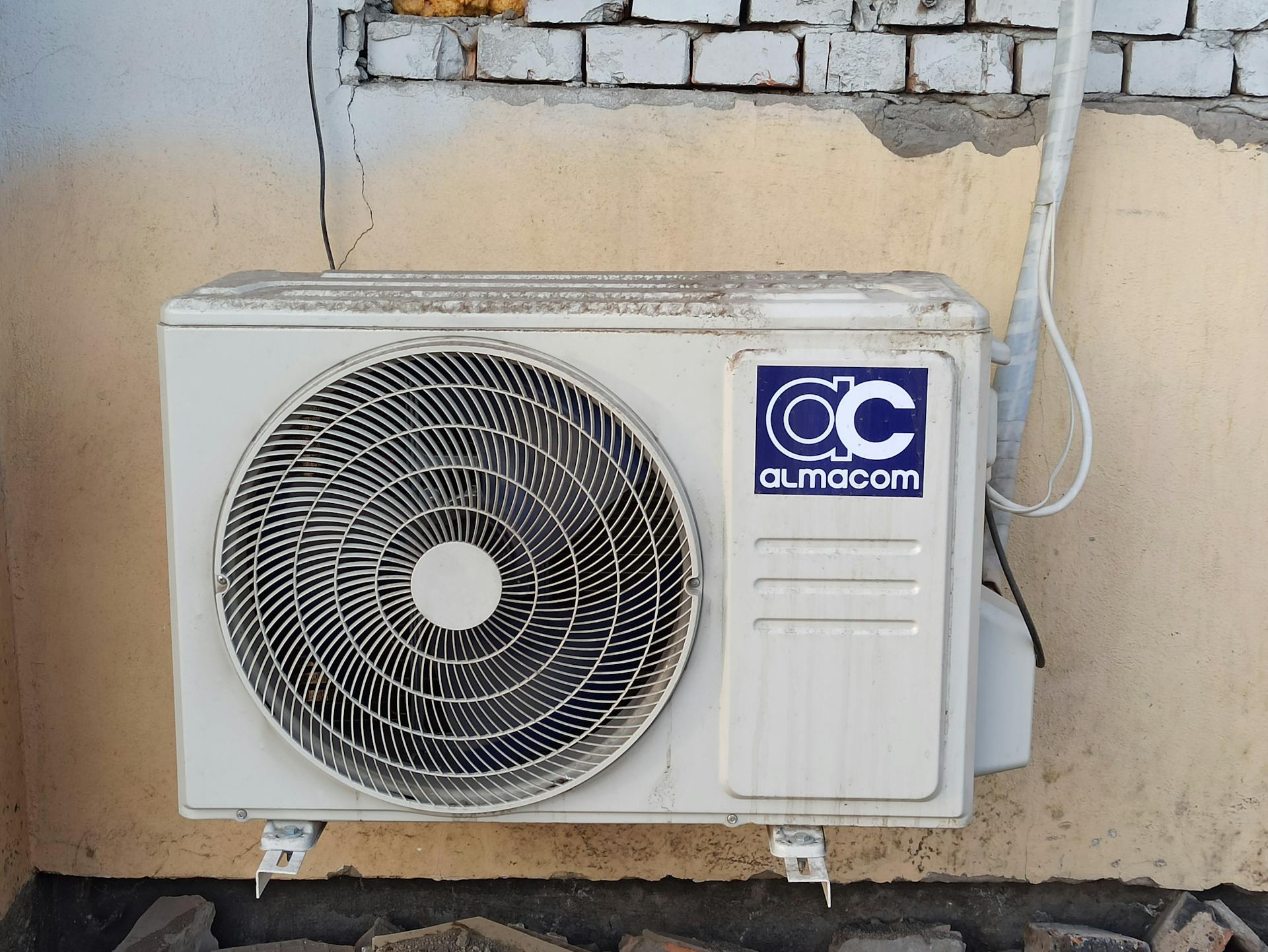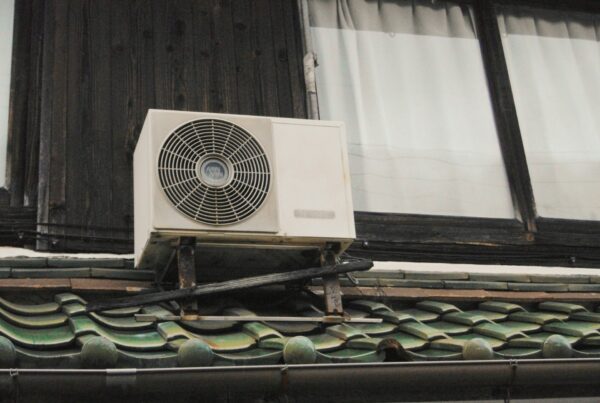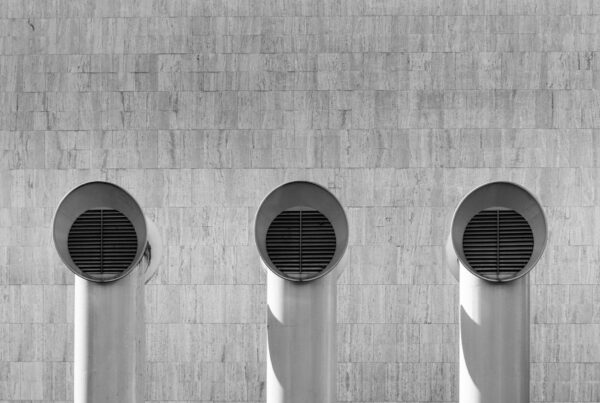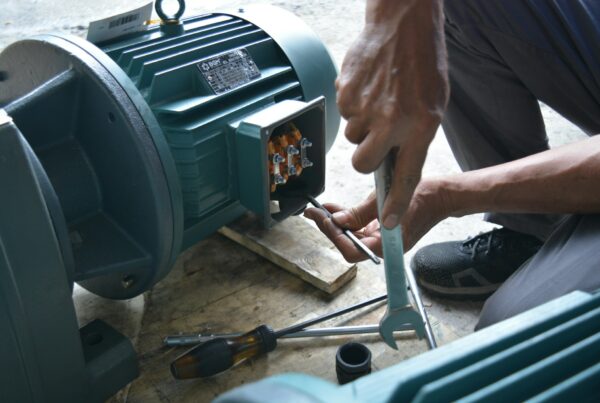Last Updated on February 28, 2024
A functioning air conditioning (AC) system is vital for comfort and health, especially during hot weather. However, even the best AC units can run into problems. Understanding common issues and knowing how to troubleshoot them can save time and money, and sometimes, a quick fix is all that’s needed to get your system back up and running.

Understanding the Basics of Your AC Unit
An AC unit works by extracting warm air from your home, cooling it, and then circulating the cool air back into the house. The key components include the compressor, condenser, evaporator, and thermostat. Familiarity with these parts can be incredibly helpful when troubleshooting.
Identifying Common AC Problems
1. AC Not Cooling Enough
Causes: Blocked air filters, low refrigerant levels, or a malfunctioning compressor.
Troubleshooting: Check and replace air filters, inspect refrigerant levels, and ensure the compressor is working.
2. AC Unit Making Unusual Noises
Noises: Rattling, buzzing, or whistling sounds can point to loose parts, electrical issues, or airflow obstructions.
Action: Tighten any loose components and check for blockages. If the noise persists, consult a professional.
3. AC Unit Leaking Water
Reasons: Clogged drain lines or a broken condensate pump.
DIY Tips: Clear the drain line and check the pump. If leakage continues, professional help may be needed.
4. AC Unit Emitting Foul Smells
Causes: Mold, mildew, or accumulated dirt.
Solution: Clean the unit thoroughly, focusing on the evaporator coils and air filters.
5. Thermostat Issues
Diagnosis: Inconsistent temperatures or AC not turning on could be due to thermostat problems.
Troubleshooting: Check the battery, recalibrate, and ensure it’s not affected by external heat sources.
DIY Fixes for Simple AC Issues
For straightforward problems like dirty air filters or minor thermostat issues, DIY fixes can be both safe and effective. Always ensure your safety first by turning off the power supply before attempting any repairs.
When to Call a Professional
If you’re facing refrigerant leaks, electrical issues, or compressor problems, it’s time to call an expert AC Repair technician in my area. DIY attempts can worsen these complex issues and may even be hazardous.
Preventive Maintenance Tips
Regular maintenance can significantly reduce the risk of AC problems. Clean or replace filters monthly, keep the area around the outdoor unit clear and schedule annual professional inspections to ensure optimal performance.
Recognizing and troubleshooting common AC problems is an essential skill for homeowners. While many issues can be fixed with simple DIY solutions, understanding when to seek professional help is crucial for maintaining a safe and efficient AC system. Regular maintenance is the key to avoiding frequent repairs and ensuring your AC unit keeps you cool and comfortable for years to come.





